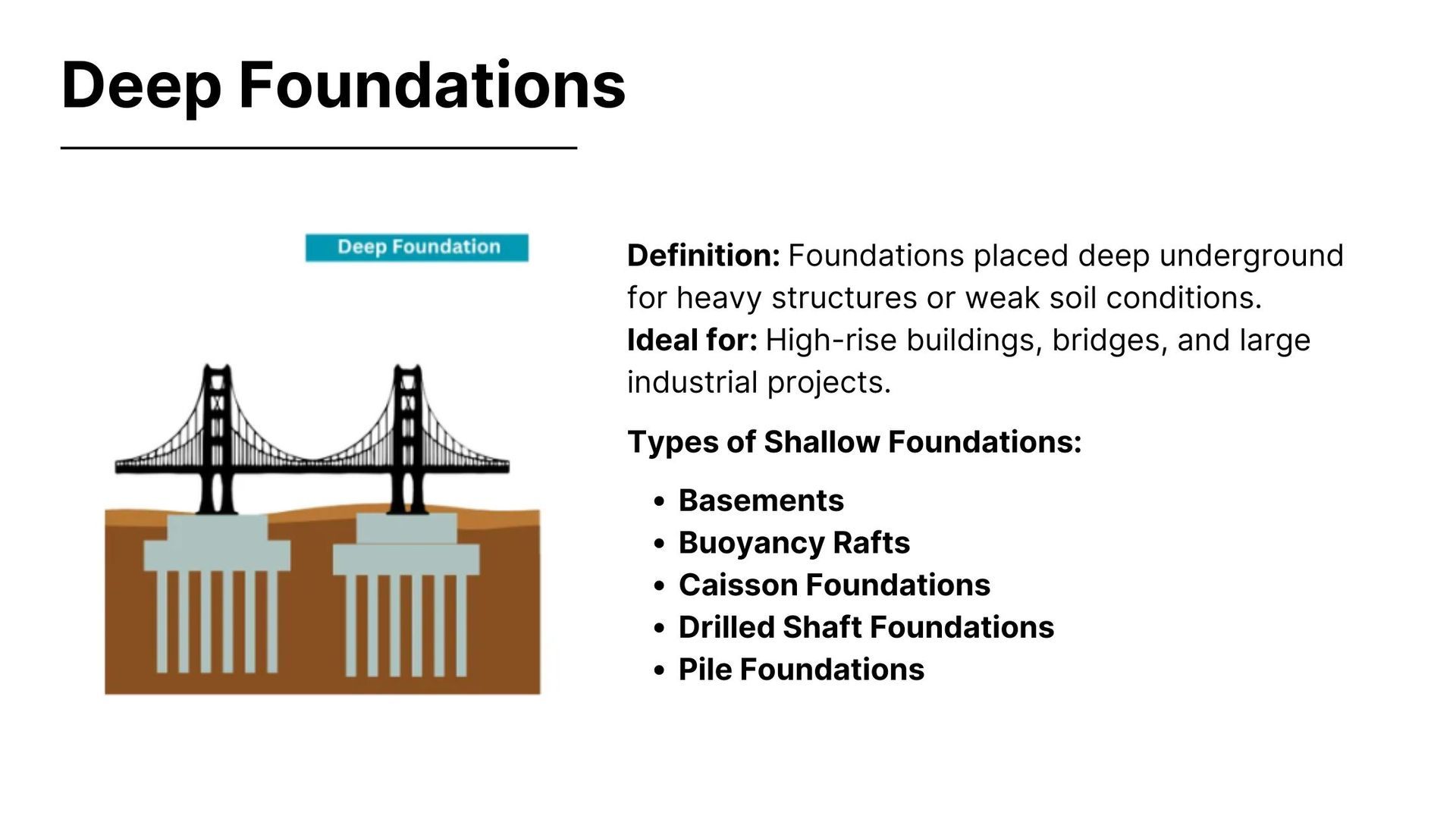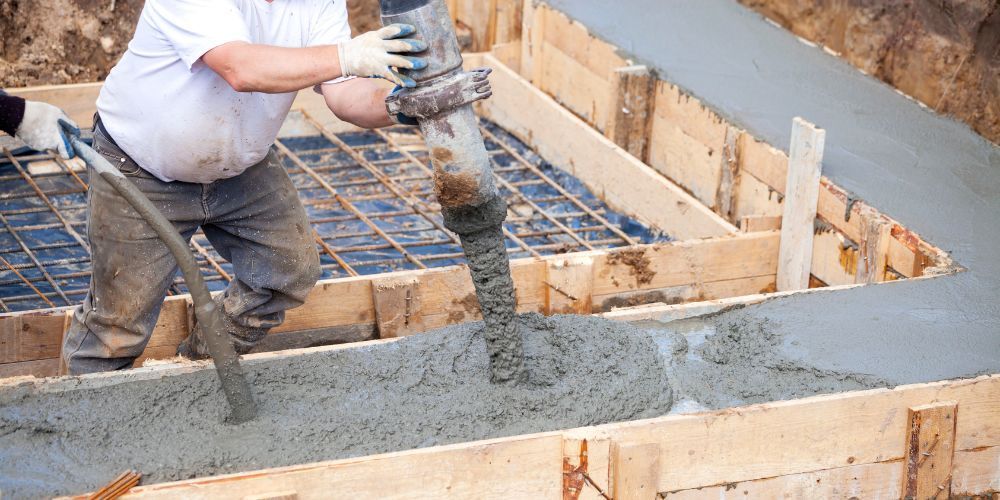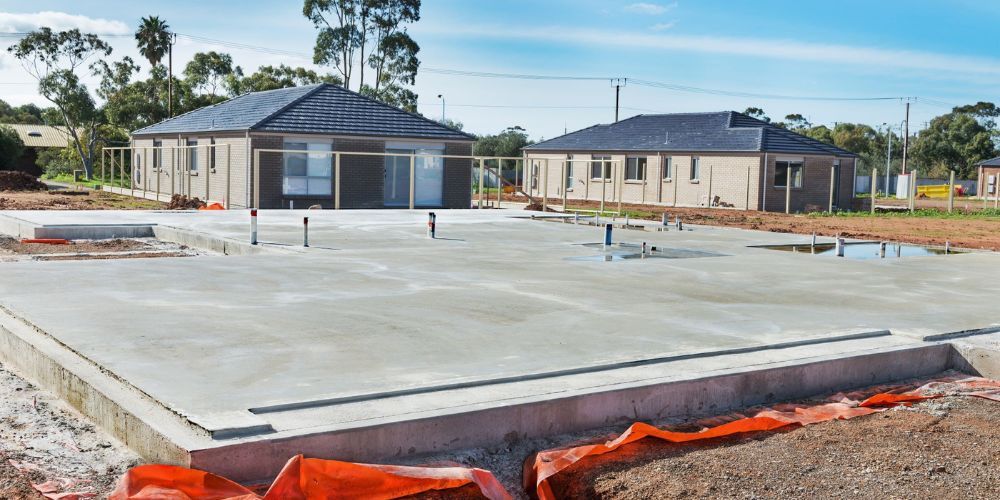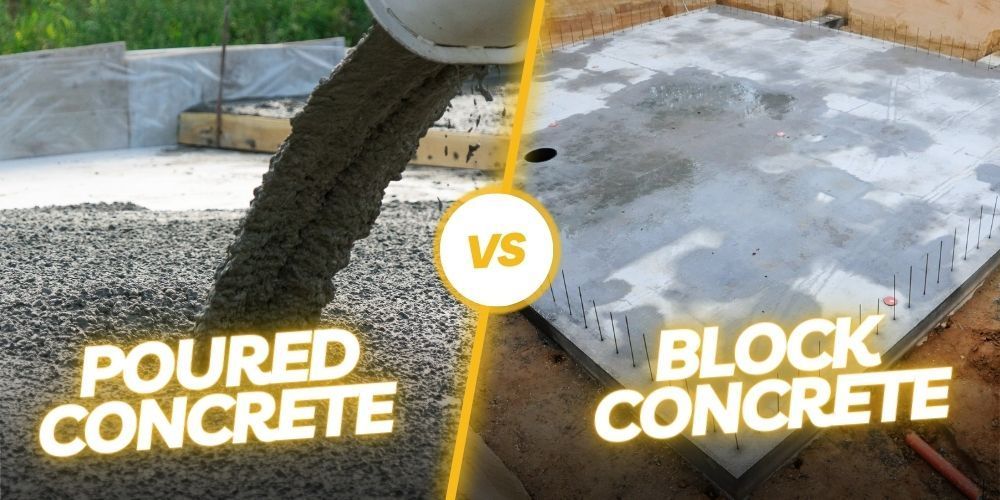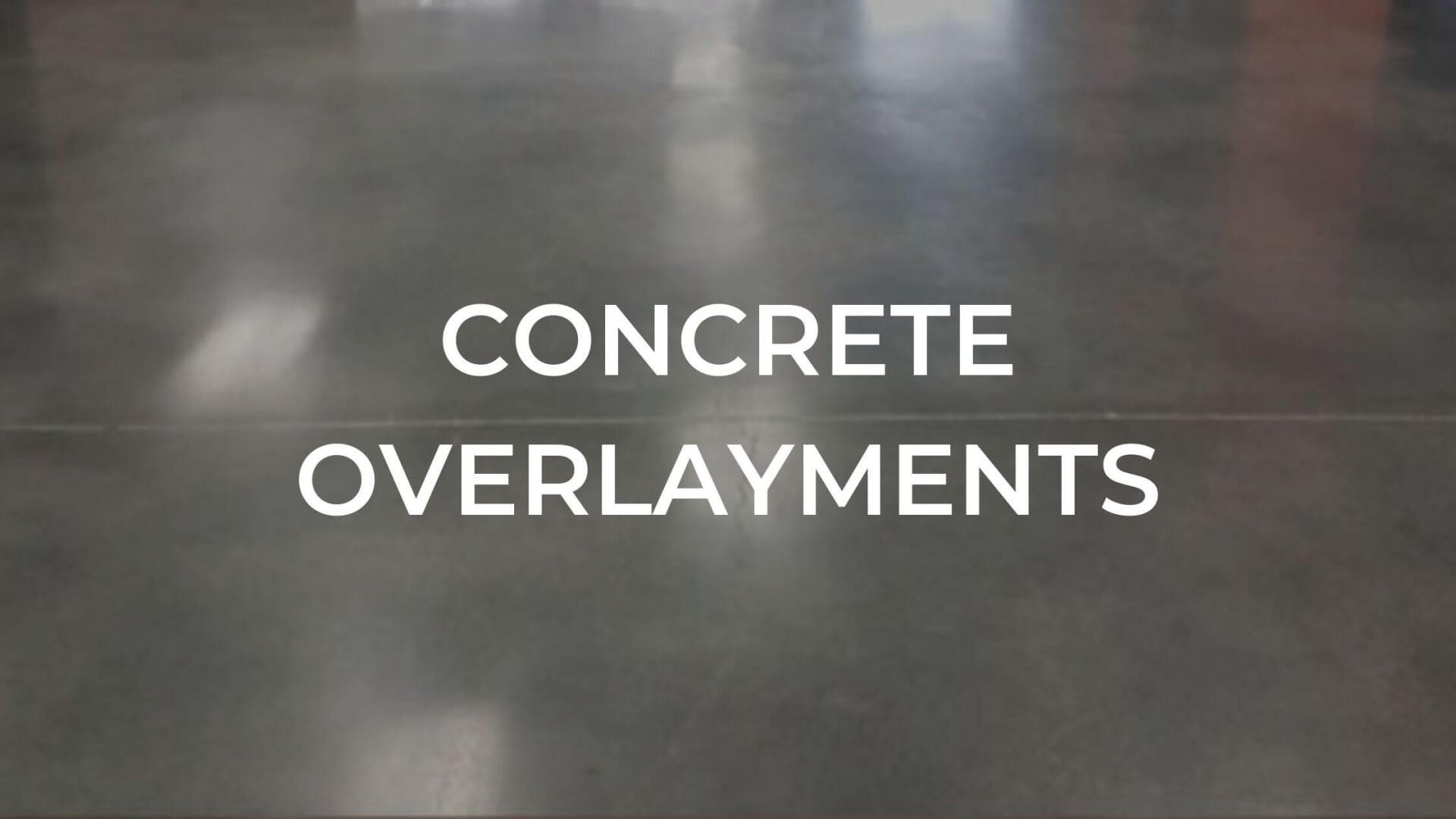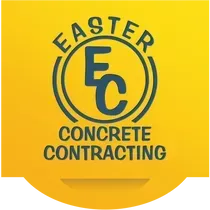Do's and Don'ts of Maintaining Your Decorative Concrete Driveway
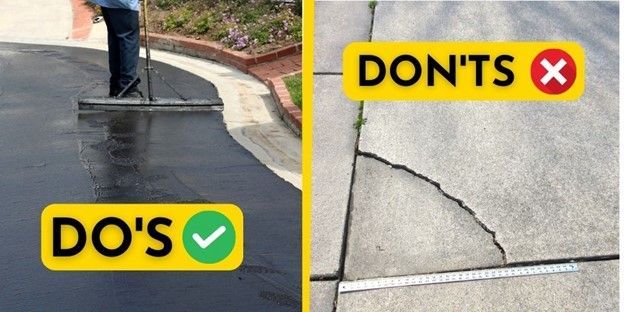
A well-maintained decorative concrete driveway can be a centerpiece of your home's exterior, boosting its curb appeal and leaving a lasting impression on visitors. However, to ensure that your driveway retains its beauty and durability over time, it's essential to adhere to certain dos and avoid common pitfalls. In this comprehensive guide, we'll walk you through the key steps and practices for effectively maintaining your decorative concrete driveway.
Dos for Maintaining Your Decorative Concrete Driveway
Regular Cleaning for Longevity
One of the simplest yet most effective ways to extend the lifespan of your decorative concrete driveway is to establish a routine cleaning regimen. Regularly sweeping away dirt, leaves, and debris helps prevent them from causing scratches on the surface. For more thorough cleaning, consider using a mixture of mild detergent and water. Be cautious not to resort to harsh chemicals, as they can lead to gradual deterioration.
Sealing: Your Shield Against the Elements
Sealing your decorative concrete driveway is akin to providing it with a protective shield against various elements. Applying a high-quality concrete sealer every two to three years helps safeguard it from moisture, stains, and even the harshest weather conditions. A well-sealed driveway is less prone to developing cracks and unsightly discolorations.
Act Swiftly Against Stains
Accidental spills are bound to happen, but acting swiftly can be the difference between a stain and a spotless surface. Whether it's oil, grease, or other substances, make it a habit to clean up spills promptly using a mixture of mild soap and water. Opt for cleaning tools that won't scratch the surface while you work diligently to preserve the driveway's aesthetic appeal.
Snow and Ice Management: Delicate Handling
When winter arrives, it's imperative to manage snow and ice with care to prevent damage to your decorative concrete driveway. Choose non-corrosive deicers to melt ice without compromising the surface's integrity. Steer clear of rock salt, as it can lead to cracks and overall deterioration. Also, opt for a plastic shovel over a metal one to safely remove snow and ice.
Don'ts for Maintaining Your Decorative Concrete Driveway
Weighty Vehicles and Their Impact
While decorative concrete driveways are designed to withstand typical vehicle traffic, they may not fare well against the weight of heavy trucks or machinery. To prevent cracks and excessive stress on the surface, it's advisable to avoid parking heavy vehicles on the driveway.
Acidic Cleaners: A Recipe for Disaster
Refrain from using acidic cleaners or strong chemicals during your driveway cleaning routine. These substances can corrode the surface, leading to faded colors and compromised texture. Instead, opt for pH-neutral cleaning solutions that effectively clean without causing harm.
Cracks Demand Attention
Any cracks that appear on your decorative concrete driveway should never be ignored. Addressing them promptly is crucial to preventing further damage and deterioration. Enlist the expertise of professionals to assess and effectively repair any cracks to ensure your driveway's long-term health.
Conclusion: Expert Guidance for Lasting Elegance
In the grand tapestry of your home's exterior, a decorative concrete driveway stands as a statement of elegance and sophistication. To ensure that this statement remains strong and captivating, consistent maintenance efforts are key. By embracing the dos and steering clear of the don'ts outlined above, you're taking a proactive stance toward preserving your driveway's allure and longevity.
As you embark on your journey to maintain your decorative concrete driveway, remember that attention to detail and consistent care are your greatest allies. With the right approach and support from professionals like Easter Concrete Contracting, your driveway will continue to grace your home with its beauty and charm for years to come.
Frequently Asked Questions



